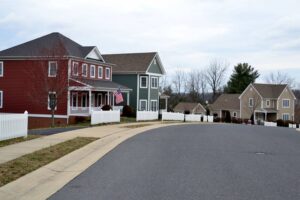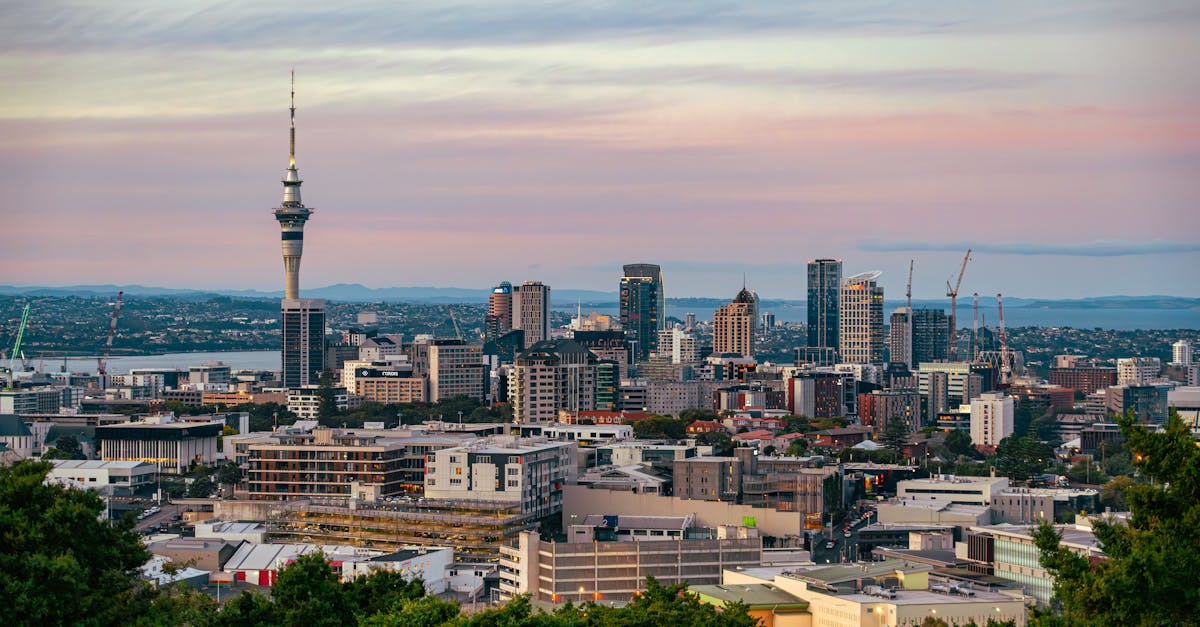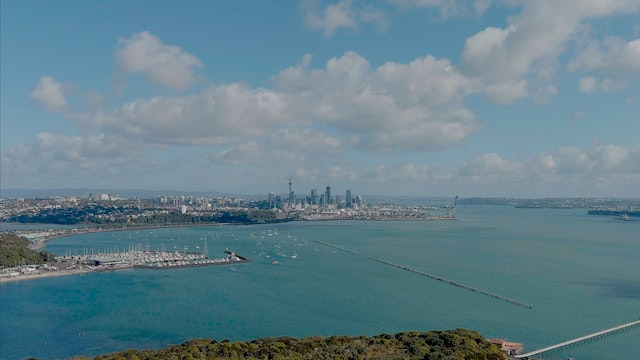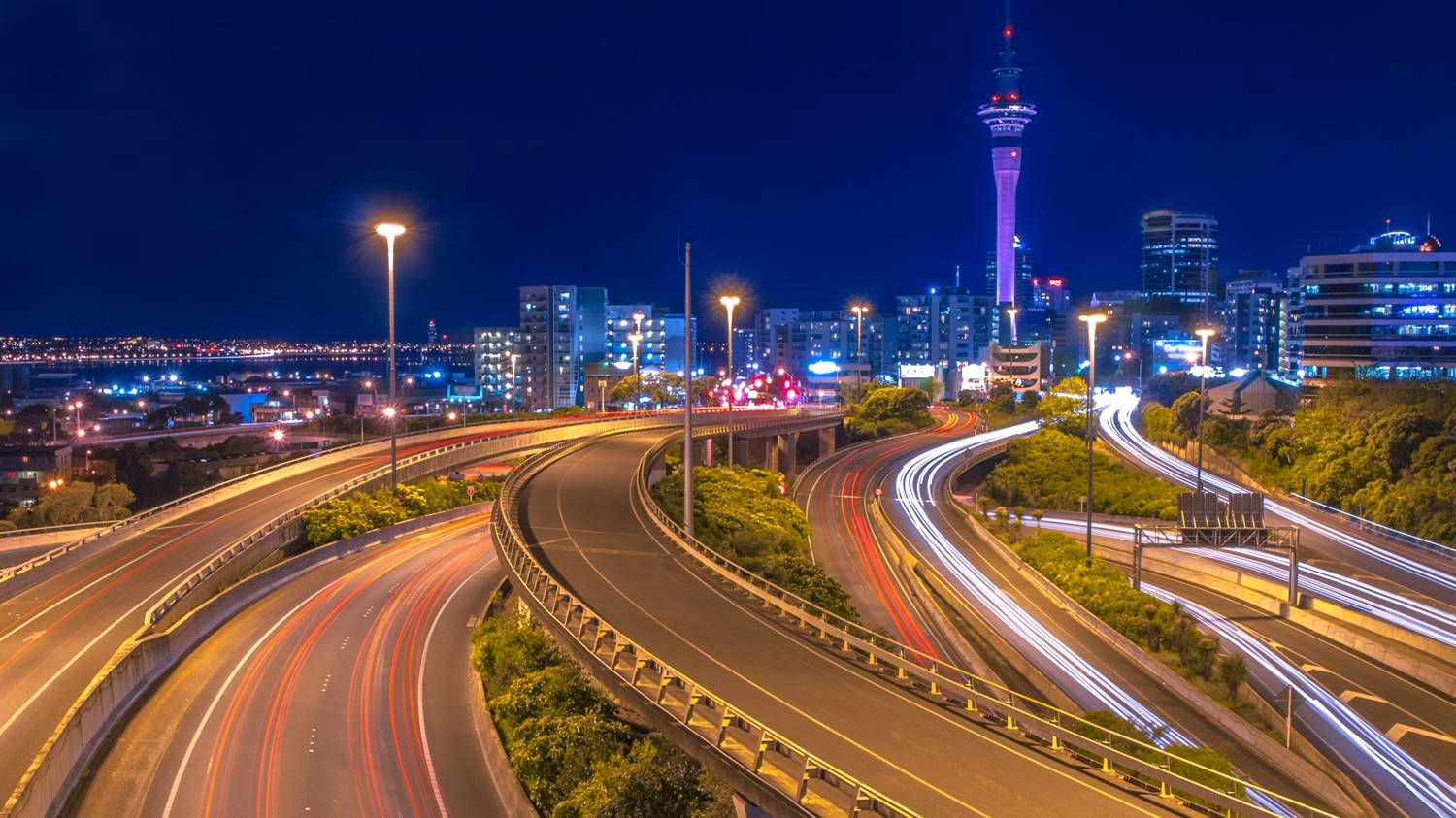Auckland has seen a jump from 1 million to 1.6 million in population, in the last two decades. Demand for Auckland property allowed the city to attracted both local buyers and investors as well as foreign ones. But, the population explosion only served to increase demand and competition for availing quality suburban property in the city. The Auckland housing market also owes it to the Unitary Plan and low mortgage rates for consistently figuring in NZ’s Top 100 suburbs for capital gains.
Notable real estate analytics agencies have surmised that the metropolitan city and its suburbs should grow more cosmopolitan and see more capital gains with each passing day; especially, given the performance of some of these suburbs in the last 20 years.
The new fastest-appreciating suburbs in the Auckland housing market
East Auckland leads the charge in soaring house prices. Most of these locations have witnessed median home value gains in leaps and bounds, even compared to the most prestigious locales of the Super City. Although, these are not the only positive inferences from the aforementioned analytic reports. With higher values, properties in these locations also promise us:
- Better amenities,
- Larger section sizes,
- Attractive property features,
- A mission to redevelop 2500 state houses into 10,000+ odd private markets and affordable homes,
- Higher demand and further appreciation of the asset values, as per Auckland housing market predictions.
The median value appreciation brings further positive news for investors and buyers as Auckland housing market predictions indicate the ascension of ‘dark horse’ entrants to the list of fastest-appreciating suburbs- and it is not just the prestigious ones like Herne Bay or Remuera. To make the most of these capital gains, we must focus on the following locations.
Point England
Point England rules the roost with the highest capital appreciation. Median home values here jumped from $176,400 to $1,263,250 between August 2001-2021- a 616% hike. Through NZ’s Urban Regeneration project, the suburb has retained its ranking for price growth throughout the last decade, accounting for a 336% hike. Even in the last year, the suburb outperformed expectations during the pandemic with a 35% hike.
Glen Innes
Glen Innes has also witnessed some fantastic capital growth in the last score. Glen Innes depicts a median price hike from $189,500 to $1,330,550, which means a 602% growth on avg. Home values here in 20 years. The suburb also joined the frontrunners as one of the top growth cases in the last decade, with a growth of 310%. Through the last 5 years, the suburb saw a hike of another 47%; and, even fought back the pandemic with another 35% hike.

Prime locations here such as East View Road have also helped Glen Inness join Point England as a part of NZ’s Urban Regeneration project. Glen Innes’s proximity to the CBD and transportation links further helped it stand out in the Auckland housing market.
Wai ō Tāiki
A whopping 594% increment in median house prices helped Wai ō Tāiki find its place on this list. Homes at this location went from$252,500 to $1,753,600 in 20 years. The last 10 years have been equally if not more favorable for Wai ō Tāiki, with a 323% increase in the avg. price. Wai ō Tāiki also shared the top spot for growth with Oneroa with 53% growth apiece in the last 5 years. The last year alone, the median rose in the suburb by another 34%.
Wai ō Tāiki’s growth has also been motivated by the same redevelopment initiative by the Tamaki Regeneration Company, which has been a driving factor in nearby Glen Innes. The presence of reserves, parks, and proximity to natural water bodies such as the Bucklands has also helped the cause.
Focus on these suburbs for a diverse, appreciative portfolio
Oneroa avg. home values grew 53% in 5 years, from $1,158,600 to $1,771,550. While Grey Lynn’s 5-year growth has been estimated at 47%, from $1,305,850 to $1,917,800. Ponsonby also witnessed a house value hike from $380,600 to $2,551,800, equalling a 570% boost.
Ōtara and Māngere East deserve consideration for their performance in the last 10-years. Māngere’s hike of 310% took values from $286,100 to $886,150; and, Ōtara’s hike of 310% took its median value from $254,200 to $793,400.
Point Chevalier makes the cut with a $298,800 to $2,020,400 hike in median house prices, in the last two decades. Auckland housing market predictions indicate further growth here down the line, with plans for development and gentrification.
Thus, these locations which were only known for government-supplied state homes just 20 years ago, are raking in millions at present.














